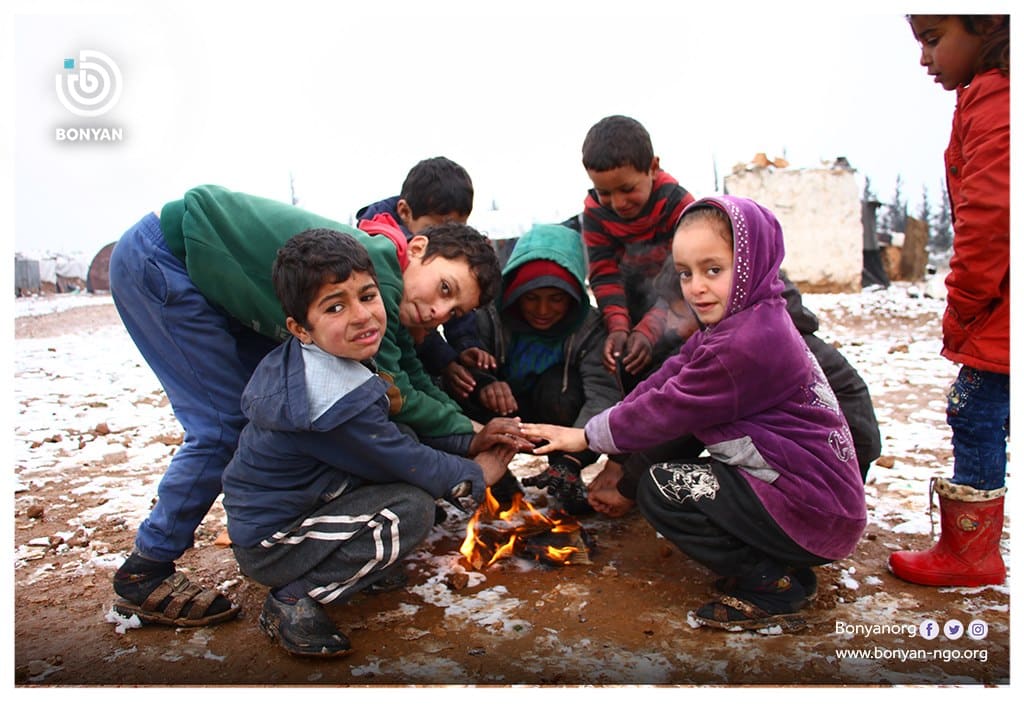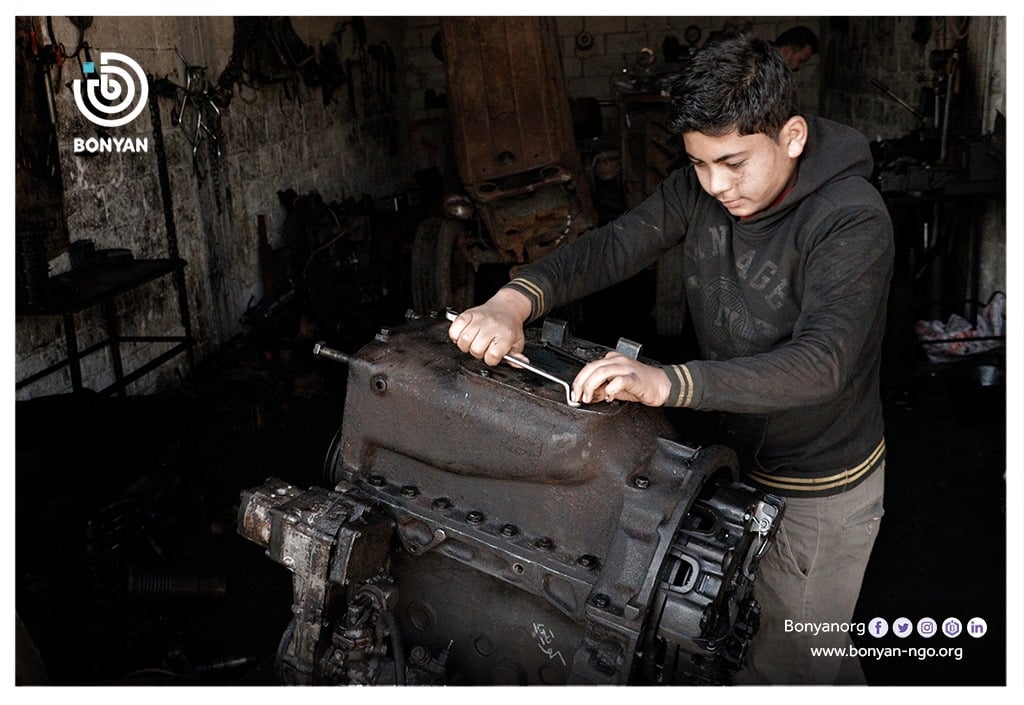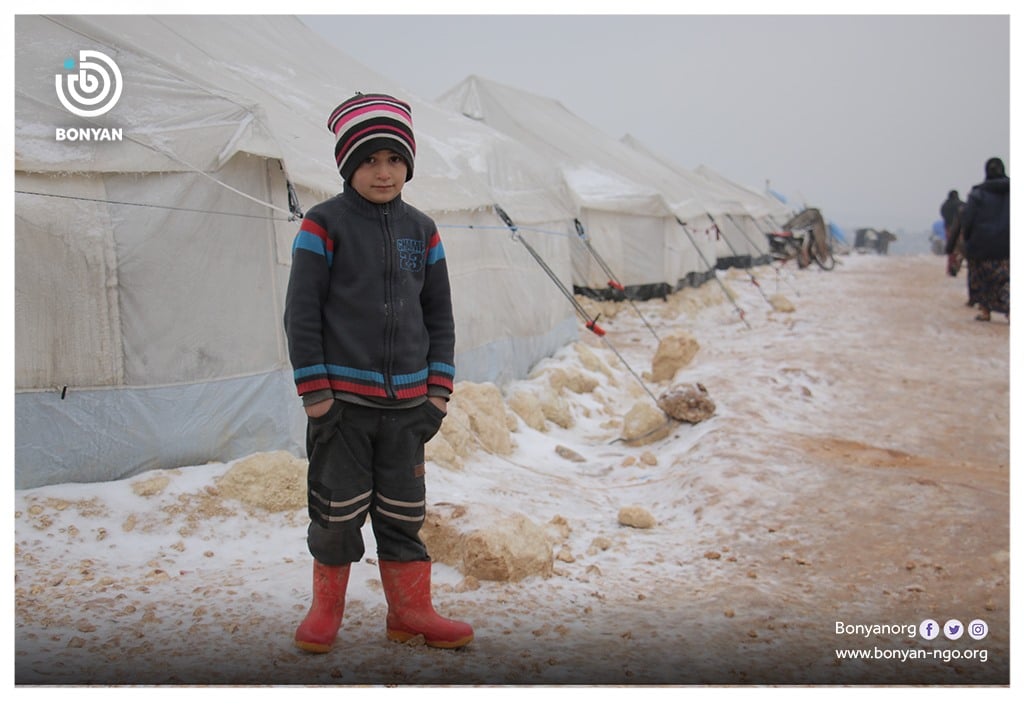The devastating repercussions of armed conflict on children are profound and far-reaching. In 2022, a staggering 468 million children globally were living in areas affected by war, with almost 200 million residing in the most perilous conflict zones.
This grim reality underscores the urgent need to address the severe losses and disruptions that afflict the lives of war-affected children, leading to heightened rates of depression and anxiety. UNICEF’s report between 1985-1996 revealed alarming figures, stating that 2 million children were killed in war, and 4-5 million were left disabled or severely wounded.
Since 2005, the world has witnessed over 300,000 grave violations against children in conflict, resulting in at least 120,000 children being killed or maimed.
As we delve into the statistics, it becomes evident that the impact of war on children is not just numerical but a heartbreaking reality that demands urgent attention and concerted efforts to end the grave violations they endure.
Impact of war on children’s mental health
The impact of war on children’s mental health is profound, encompassing a range of detrimental consequences. Conflict breeds anxiety, loneliness, and insecurity among children, affecting their psychological well-being significantly.
Prolonged conflicts exacerbate these effects, leading to severe and long-term consequences on the psyche of children. Additionally, the association between war and elevated levels of family violence against children contributes to heightened rates of intimate partner violence.
The toll of war on children’s mental health includes immediate stress responses and an increased risk for specific mental health issues. The cycle of war and violence creates a particularly vicious impact on children, subjecting them to the trauma of war.
As a result, children exposed to war manifest a higher rate of mental disorders compared to their counterparts in the general population.

Impact of war on children’s education
The impact of war on children’s education is profound and multifaceted. In conflict zones, schools and educational facilities often become targets, resulting in the disruption and even destruction of learning environments.
Alarmingly, children in conflict-affected countries are 30% less likely to complete primary school compared to their counterparts in non-conflict areas. Wartime attacks on education have far-reaching consequences, with military use of schools disrupting children’s learning and causing infrastructure damage.
This jeopardizes a child’s fundamental right to education, requiring dedicated efforts to protect education itself in these challenging environments. Furthermore, the psychological toll is significant, as children exposed to war face terrifying situations that may lead to enduring impacts such as post-traumatic stress disorder.
The war environment can even transform education into a negative investment, resulting in an increased reliance on private schools.
Impact of War on Children’s Development
The impact of war on children’s development is extensive and multifaceted. Children exposed to war face a range of adversities that profoundly affect their physical, emotional, and psychological growth.
Social and cultural losses occur as children may lose their community and its culture during war, sometimes having it reconstituted in refugee or diaspora situations.
War and displacement expose children to adverse conditions, negatively impacting their psychological development. In the context of modern warfare, children are the most vulnerable group, losing their protective and secure environment and being exposed to and affected by various forms of trauma.
Armed conflict directly and indirectly affects children’s physical, mental, and behavioral health, influencing every organ system. The right to play, essential for holistic development, is also compromised for children affected by war.
Child Labor
War and conflicts have a profound impact on child labor, exacerbating the vulnerabilities of children and pushing them into exploitative labor practices. The disruptions caused by wars and disasters often lead to economic instability, displacements, and the breakdown of social structures, making children especially vulnerable to child labor.
In conflict zones, the destructive impact on socio-economic environments increases the risk factors associated with child labor. Armed groups, sometimes recruiting children as soldiers, subject them to extensive forms of exploitation and abuse, contributing to the proliferation of child labor.
The Middle East and North Africa, for instance, have witnessed an increase in child labor due to conflict and mass displacement, highlighting the detrimental consequences of war on the prevalence of child labor.
The war in Yemen has been particularly alarming, with over 400,000 children leaving schools to engage in work as a result of the conflict [6].

Child Soldiers
Child soldiers represent a tragic consequence of armed conflicts, experiencing unconscionable forms of violence that have severe and lasting impacts on their lives. These young individuals are often forcibly recruited or coerced into armed forces or armed groups, enduring harrowing training and initiation processes.
The psycho-social impacts of their exploitation are extensive, contributing to heightened risks of mental health problems such as depression, anxiety, and post-traumatic stress. Regardless of the roles they play, child soldiers are considered victims, their participation in conflict bearing serious consequences.
The loss of basic resources in war, including schools, healthcare, shelter, and access to necessities, further exacerbates the challenges faced by child soldiers.
How to help children affected by war
1. Support Organizations: Contribute to organizations that focus on providing protection, education, and psycho-social support for children affected by war.
2. Educational Programs: Support classroom-based programs that combine psycho-education, skills building, and counselor contact, as they have shown effectiveness in helping war-affected children.
3. Awareness and Advocacy: Raise awareness about the plight of war-affected children and advocate for policies that prioritize their well-being.
4. Direct Assistance: Contribute to initiatives providing direct assistance to affected families, such as those by UNICEF and Bonyan, reaching millions of children and caregivers impacted by war and displacement.

Bonyan’s efforts in helping children impacted by war
Your impactful contributions to Bonyan Organization play a crucial role in aiding children affected by the harsh realities of war. Through your support, Bonyan implements targeted programs to provide essential services for children grappling with the consequences of conflict.
Your donation aids in delivering formal and non-formal education, reaching over 450,000 children, while fostering personal growth and resilience for more than 7,000 participants through football activities.
Additionally, your support enables the provision of structured psycho-social support and mental health services, benefiting over 800 children, and contributes to improving shelter conditions for nearly 590,979 individuals.
Bonyan’s multifaceted approach, fueled by your contribution, provides tangible assistance, offering affected children a chance for education, emotional support, and enhanced living conditions amidst the challenges of war.
Join Bonyan in their mission to rebuild lives, instill hope, and create a brighter future for children impacted by war. Your donation is a powerful force in making a positive and lasting impact in these young lives.
Read More
- Aqiqah Rules In Islam
- Make A Child Smile In Eid Al-Fitr
- Education And Constantly Crisis In Palestine
- Things You Can Do Till The Sunset Of Ramadan Days
FAQs
How does war affect children’s mental health?
War significantly impacts children’s mental health by causing displacement, loss of home, and community. These experiences lead to long-lasting psychological effects, affecting their growth and well-being well into adulthood.
What social and cultural losses do children experience in war?
Children in war may face profound social and cultural losses. Displacement may lead to the loss of their community and its culture. In some cases, this cultural disruption is further compounded when communities are reconstituted in refugee or diaspora situations.
How does war impact children’s learning and education?
War hampers children’s access to education and poses significant challenges to their learning from the earliest stages of life. The disruptions caused by armed conflicts can have long-term consequences, hindering educational opportunities and development.
How does war stress contribute to family violence?
War stresses not only affect individual children but also contribute to increased family violence. The stressful conditions of war create a pattern of violence within families, and this pattern may persist, impacting future generations as war-affected children become parents.



